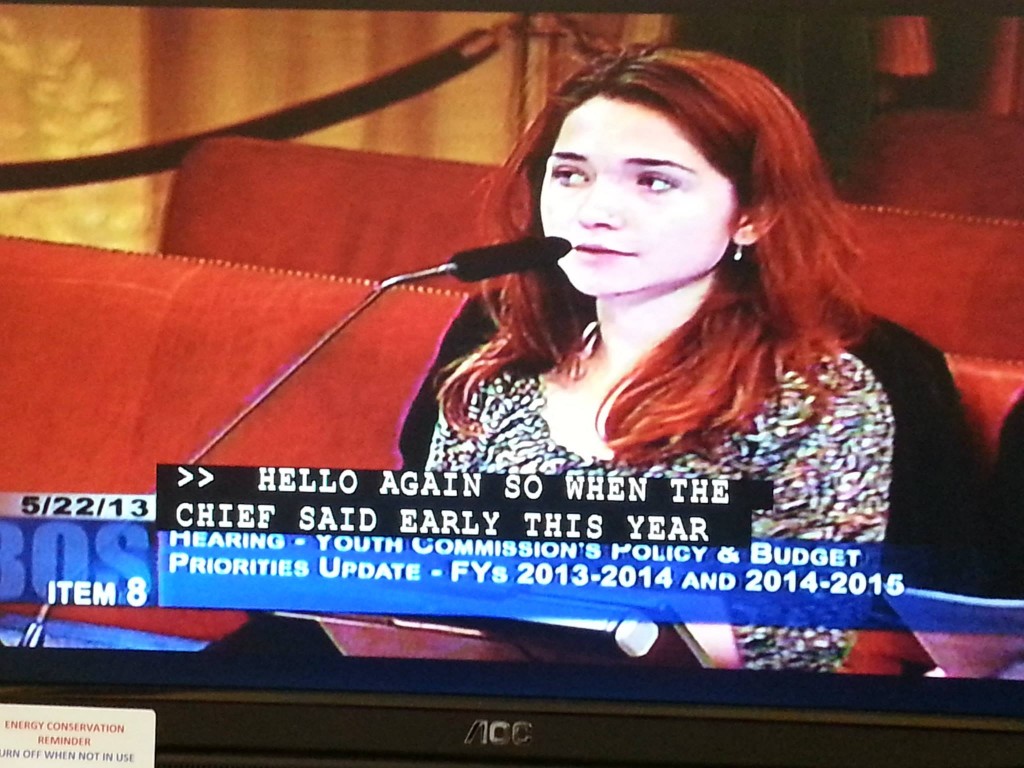Just the day after graduation, I sat at the computer lab in Clark, frustrated and crying. I had just received a job offer two days before, and I was writing a response email to tentatively accept the position and negotiate my salary.
The email had started off easy enough—say thanks, express excitement, ask for some things in writing. But when it came time for me to ask if there was any flexibility in the financial package I was offered, I froze. It felt as if someone had pushed a button that made me suddenly unsure of all my skills and accomplishments. The act of asking for more money put a spotlight on my own insecurities, and I did not like being in that limelight.
Additionally, I felt like I should just be grateful for what I was offered, although I knew it was lower than what I expected. Asking for more felt pushy and unreasonable—why wouldn’t they give me their best offer first? Although I couldn’t deny that I wanted a higher offer, a strong part of me just wanted to keep things easy and accept the offer as it was given.
When these two emotional nerves were hit, negotiating my salary suddenly seemed like a horrible idea. I continued forward because of two reasons: previous trainings in salary negotiation and in-the-moment emotional support. As much as I wanted to not negotiate, I couldn’t forget the reality of the wage gap and trainings I had gone through. I relied on resources from The WAGE Project and CP&R to make sure I said the right thing in the right way, using the right numbers. My parents and best friend comforted me in my emotional trauma, edited my email, and consistently assured me that I was doing the right thing.
Finally, with great trepidation and a slowly emerging confidence, I hit send.
Conveniently, I spent the next week at a retreat with no internet access. So after informing my potential employers that I would be out of touch, I breathed a sigh of relief and got on a ferry to Catalina Island. When I returned, I intentionally waited a few more hours to check my email, then I nervously looked through my inbox.
Nothing.
A fresh wave of panic shot through my body, as my initial fears resurfaced. Those fears had grown even larger when I still hadn’t heard from them at the end of the week, so I did what any freshly-minted alum would do—call CP&R.
Per Lesley Bonds’ advice, I sent a short follow up email that focused primarily on my excitement to start working with them and less on my desire to tie up the “loose ends” required for that to happen. This second email did the trick, and I they apologized for the delay in response. I was told that they were also looking forward to have me start, and would be checking that day about my request for “additional compensation.” The countdown was on.
The next day, I received another email, this time with an attachment. The offer. To be honest, I think I closed my eyes as I opened the PDF. When they finally opened again, I frantically scanned to find a number at the bottom of the first paragraph. A smile spread across my face as I realized that this number was significantly higher than their original offer. $4,000 higher. As the reality of my successful salary negotiation sunk in, all my previous fears and insecurities became a vague memory as they were replaced by a new confidence in myself and my abilities.
In short, here are some valuable lessons I learned from this experience:
1) Salary negotiation is about YOU, not your circumstances.
When you ask about flexibility in your salary offer, it’s tempting to shift the focus off of yourself and onto external factors: student loans, high cost of living in the area, etc. But the truth is that you are enough of a reason to earn more (as real as those other factors are). Think about why you are such an asset to their company, and gently remind them of that truth. I said something along the lines of “…because I bring a strong and unique skill set to the position.” Simple, and about me, not my circumstances.
2) You have support and resources – use them!
Going to salary negotiation workshops and using online resources are vital to being successful in this process. Especially take advantage of opportunities to have a mock negotiation, because it’s good training for the real thing. I didn’t have to negotiate over the phone, but I would have been prepared for that if it came up because of the training I had received. Don’t know where to start? Drop into CP&R and check out resources online, like The WAGE Project, to get informed about what you’re worth and how to ask for it.
3) You’re not being mean, you’re being smart.
As much as it feels like you’re trying to rock the boat and be pushy, asking to negotiate your salary is a normal part of business. The reality is that they want happy employees, and if they’ve already offered you a position they see you as a valuable contribution to their business or organization. As long as you use respectful language and communicate how much you want to work with them to find something you can both agree on, you have every right to ask for more.
4) Don’t wait to negotiate.
Although it may seem easier to put off negotiating for when you have “more experience” in the job market, not negotiating will have continued negative effects on your earning potential. Since raises and salaries in new positions are often based on your current pay rate, asking for more now will exponentially increase your earnings over the course of your life.

